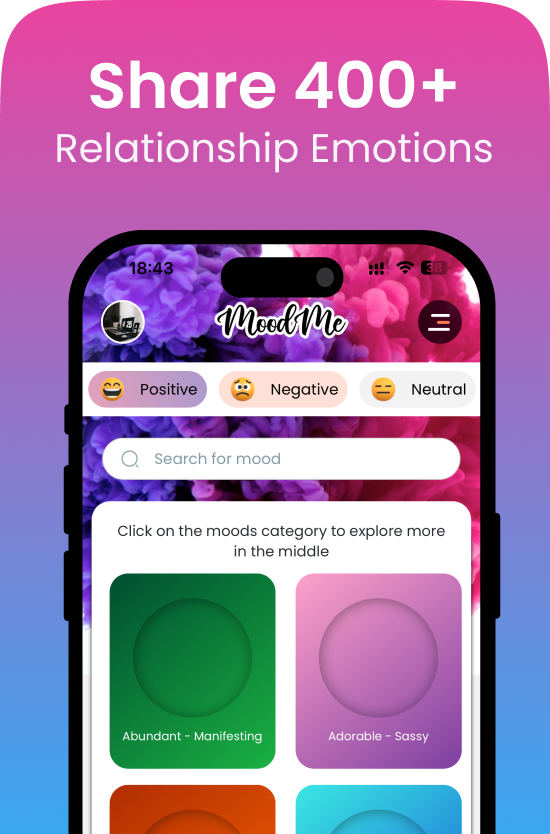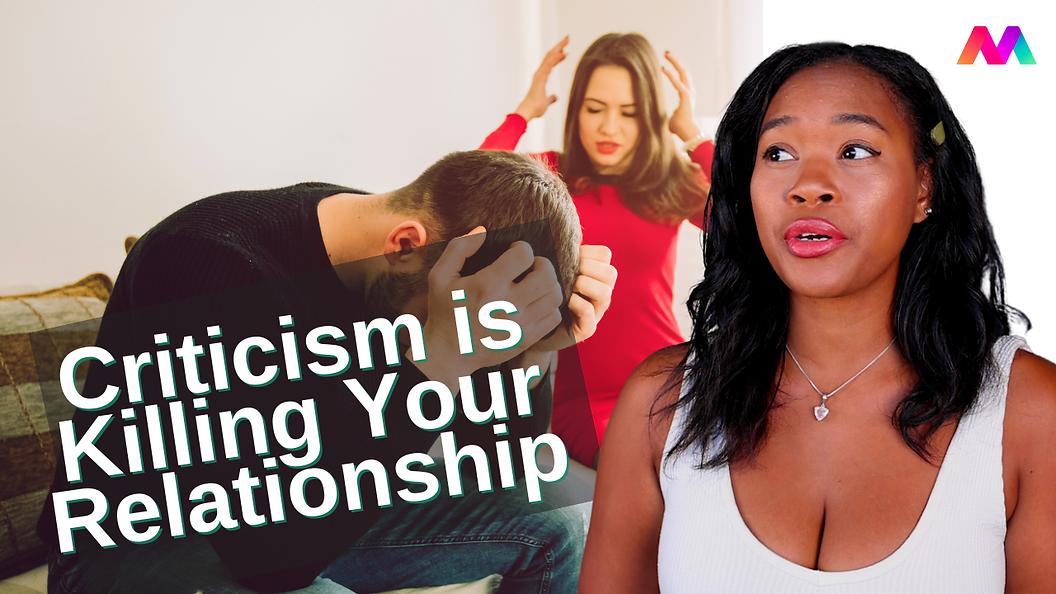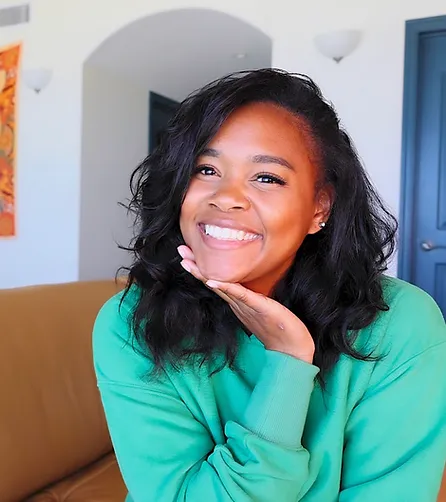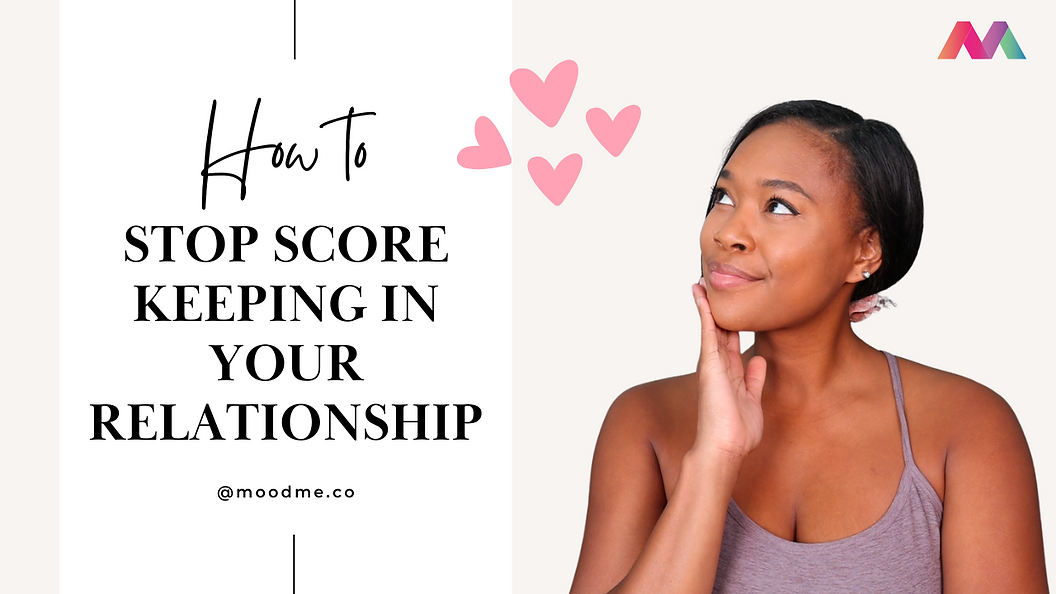Are you stuck in a drama dance?
Drama, it’s why we sink ourselves in a comfy couch and binge the newest Netflix series. It’s why many of us are such huge Bachelor Fans. “This promises to be the most dramatic season yet.” It’s why many of us love reality tv shows and social media; we get the scoop on everyone else’s life. It’s why we like to go out, and drink, so that our inhibitions are low, and maybe just maybe; there will be a juicy story produced from the night.
We read books about murders, secret love trysts, and stories about fatal love attraction. The stories we have fallen in love with all involved some Drama. Many of us have a proclivity for it. And maybe it’s more enjoyable when it’s happening to those around us. We get our popcorn and begin watching someone else’s life like it’s a movie. However, drama is addictive. If it’s all around us, it’s possible that it will, too, enter our lives. It’s quite possible that it will enter your relationship, or it already has. What is a relationship with no drama? Some would say it’s boring. Others would say that it is stable. Which one are you? Are you able to be happy in a relationship with low drama? Or do you need drama to feed the passion and the spark?
Drama in a relationship, by definition, refers to an emotional state where one or both people in a relationship create an uncomfortable feeling through manipulation and control. Drama isn’t about sincere emotion; it’s a mask, a façade that covers the underlying sentiment of fear, insecurity, and low self-worth. Drama is a game we play to cause reactions out of others with hidden attention to obtain attention to hopefully remind us that we matter. If we can cause a reaction out of someone, then we have to matter, right? In drama, the situation is often manipulated so that we feel justified for having the feelings we want. Drama is cyclical and repetitive chaos and unresolved conflict. It’s a gossipy monster that grows bigger the more people get involved and speak to it. It grows bigger and laughs at us the more energy we pour into it. Drama is created from the inability to communicate directly in a healthy manner, to be vulnerable, and to regulate emotions rather than just allowing the ego to lead. Drama spikes our adrenaline and causes our bodies to be excited. Therefore, it acts similar to a drug. If your nervous system is used to drama as a drug, then you will feel like you need it in your life. Then it’s possible that you might be a drama addict.
A drama addict is hooked on the adrenaline rush of relationships and people that appear wildly exciting in their intensity. But don’t confuse these ”exciting” qualities with love: lots of intense conflicts, punctuated with yelling, screaming, and throwing things, as well as verbal and physical abuse; frequent dramatic breakups and passionate makeups; ongoing lying and cheating; withholding of truth; betrayal of trust; emotional and physical affairs; spying on each other; poor or non-existent boundaries; and racing from the height of ecstasy to the pit of despair in an out-of-control emotional roller coaster.
Drama addiction is so supported and even honored in our media that it has become transparent for many people. Portrayals of relationships in movies and soap operas often involve a degree of lying, deception, affairs, and general dysfunction in far more significant proportion than in real lives. We have been programmed to think that obscene amounts of drama are the norm.
According to psychologists, we crave drama, even in the most stable relationships. For those who would rather have drama in your relationship, you aren’t alone… According to psychologists, many crave drama in relationships. Let’s talk about three reasons why?
1. Humans find drama interesting, according to psychologists.
The dating process is played as a game for many. A grab at power to see who will be the chaser and the runner. It’s filled with drama and suspense, for example, waiting to get the text back from the guy you went on a date with. Is he dating anyone else? Should I have sex with him, and when? It’s unfolding two people’s stories to see if they can match. Maybe you get that text back from the guy you like, but then you wait two hours to text him back and still post Instagram stories, so he knows you saw it. Whatever games it may be, games are most certainly played by the majority of those in the dating world. However, you are a godsend for those sweet few who come at dating with no games. You are probably the one who doesn’t have a proclivity toward drama. But for the rest of us, we might as well be in a telenovela. And why do we keep playing these games? Why do we fuel the fire to drama? Because humans find drama interesting, according to psychologists.
Let’s take Carrie Bradshaw off Sex in the City. When she dated Aiden, who was low drama and emotionally available, she would wake up in the night sweating, worried that there was no spark. There was no passion. Something was missing from her. So she ran back to Mr. Big, who kept her chasing, kept her on the emotional roller coaster, and kept her in suspense and drama. This story plays out in real-life relationships all the time. We get caught up in missing the chase and missing the newness, the feelings of butterflies, and desire.
2. According to psychologists, drama makes us feel loved and desired. We often resort to how we acted as children to get attention, and that’s crying or throwing a tantrum in the store because mom wouldn’t let us have a candy bar. We acted out to get attention from the people we cared about, and it worked. This behavior in an adult relationship could look like starting a fight with your partner because they’ve been working too much, and you miss them. Or you are ignoring your lover when they call to make them worry. Pretty much anything to get your partner’s attention instead of directly communicating about your needs and desires like an adult. If busting drama has earned the reaction you wanted from your partner in the past, then it’s more than likely that you have been rewarded for your behavior. But think about how much emotional energy it has cost both of you to get that attention rather than just being emotionally mature and talking about your needs and desires as an adult. “Creating this kind of drama in an adult relationship is, at best, a sad commentary on an obviously broken communication dynamic. In addition, it wastes the most precious thing you have: your time.”
3. People tend to like drama because it creates a power shift.
So we think that after we get into the relationship, the drama will come to an end. Because both people have chosen each other, they should live happily ever after. Wrong. For many, this is when the power struggle begins, a process that goes hand in hand with drama. Each partner is learning about the other’s stances, boundaries, and what place they would like to have in the relationship. If one person doesn’t like the power they hold in the relationship, they will start a mini battle to see if they can capture more power. This mini-battle is drama. Who has more power in your relationship? If it’s balanced for both of you, there will be little drama. However, if there is a battle for control, then that’s where we will see the dramatic blow-ups as they tug and pull in their attempt to find homeostasis. This is why two alphas will have a more challenging time-sharing power than a dominant and submissive.
Drama disguises itself as something you need in your relationship to feel the passion. However, it’s actually a self-sabotaging technique. Everyone has this imaginary glass ceiling of how high their happiness can go in life. When we feel like things are going too well, we, at times, subconsciously sabotage them. And one of the ways we do this is by blocking the amount of love we get from our partner with drama because we are afraid to let them in. Because we feel that we are unworthy of their love for a more profound lover.
Drama doesn’t solve conflicts; it deepens them and offers no resolve.
More than likely, the drama in your relationship is filled with anxiety, fear, and pain. It acts as an intricate cycle that repeats itself over and over again. Fights usually occur about the same thing. Then after the blow-up happens, there are apologies said, and then a make-up session. Then the trigger happens, and the drama dance happens all over again. No wonder couples feel nothing changes and feel frustrated, helpless, and sometimes out of control as a result.
Whether or not we have a propensity for drama in relationships depends heavily on how we were raised. Both were raised in a dramatic household and learned that drama was supposed to be a part of a relationship. Or one got brought up in a drama-less household and knew that high drama doesn’t need to be a part of a relationship. The problem is that how we choose our partners is largely unconscious. It is rooted in our childhood experiences and our primary bonds with our parents or caregivers. Unconsciously, we select partners that are like our caregivers to recreate the drama in our adult life.
Do you only know how to express yourself in dramatic and chaotic ways? Most of us don’t know how to assess a conflict when we aren’t at the height of our emotions. Not until our pot of emotions boils over. We have to learn to actively communicate and express our feelings when we are not in a heightened state. We can de-escalate an argument for the sake of protecting the love we have for our loved ones and wait until there is a time when you two are alone, not under any influence, and open to hearing each other. For example, there’s a reason why humans tend to fight more when drinking. Drinking lowers inhibitions, yes, but also it gives people the liquid courage to bring up conflicts that they wouldn’t dare do when they are sober. Why? Because alcohol brings us to the heights of our emotions, it has a way of boiling all our dislikes and resentments to the surface. Maybe the only way you feel heard is if you cause a tidal wave of emotion in the other person. However, these types of volatile arguments aren’t healthy and may deepen the pain rather than solve it. So the next time you are at the height of your emotions, take a step back and breathe. Ask yourself if this is really the best time to be talking about something so challenging. Find another way to communicate when you are both calm and open.
So how can we break the drama cycle in our relationship? Before pointing fingers at your partner, let’s focus on ourselves.
One powerful thing you can do is ask yourself if you like drama in your relationship. And if so, how much of it do you want? Do you feel like you are addicted to drama? When things get too good, do you have a nagging feeling that it’s time to stir up trouble again? If yes, then ask yourself where you got this habit. Think about your family origin and dynamics. What was it like in your family household? How did your loved ones communicate with each other? A high-conflict family life surrounded many times by us, or siblings and parents, normalized unhealthy ways of expressing emotions, therefore normalizing chaos and drama within the household. Then go ahead and look at your past relationships. How did you handle conflicts? Did you mistake intensity or need or lust or drama for love? What did you do to promote the drama? How did you handle the conflict between yourself and your partner? What information did you withhold? What provoking remarks or behavior did you engage in? Now that you have assessed your foundation of where you learned how to communicate and your past relationships, you can see a trail. Drama causes volatility. And Drama stems entirely from the inability to express feelings in a way that doesn’t escalate a situation.
So the next question would be, how is drama in your relationship serving you? Is it covering up something missing in your life, and if so, what would that be?
- Practice the Pause
- Ask to have a moment to detach from the issue and pause.
- Recognize the triggers
- Take the time to reflect.
- Response vs. Reactions
- Practice responding rather than reacting




